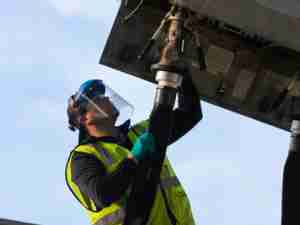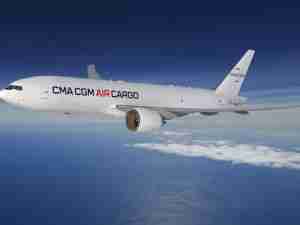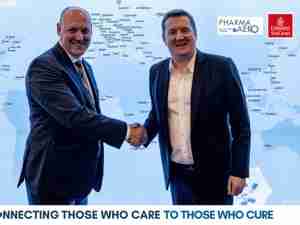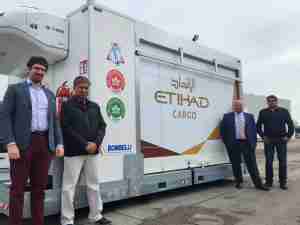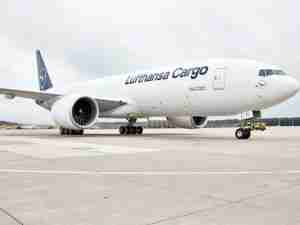The Spanish airfreight community is pointing the way to the future in supporting IATA's e-freight project with its aim of introducing paperless airfreight transport. Preliminary project work in Spain, an e-freight pilot country, began back in July. Iberia Cargo, the airline chosen by IATA to head the project, gave the official go-ahead on September 16th. Participants included Steve Smith, IATA e-freight project director, Alfonso Fuertes, managing director of Iberia Cargo, Felipe Rodrigo, director of the Customs Administration Department at the Spanish Ministry of Finance, Antonio L'pez Matr'n, chair of the Madrid forwarders' association 'Asociaci'n de Transitarios de Madrid,' as well as representatives of Traxon Europe, IATA's IT provider for the project.
Spain is one of 13 pilot countries chosen by IATA in January 2008 for the implementation of e-freight. Similar projects in Canada, Hong Kong, the Netherlands, Singapore, Sweden and Great Britain were completed in 2007.
For IATA, there were two key factors in choosing Spain: the ratification of the Montreal Convention of 1999 (MC99) and compliance with its specifications and the importance of the Spanish airfreight market. Steve Smith likewise emphasized the opportunities for the Spanish airfreight industry in the process. Last year Spain's airfreight volume reached 695,293 tons, an increase of 1.7%, compared with declines of 2.3% and 4% in 2005 and 2006.
There were also good reasons to make Iberia Cargo the leading project airline. With a total freight volume of 260,601 tons in 2007, the airline is a major player in air traffic with Latin America, and has a leading market share in Spain of 31.3%. Moreover, Iberia Cargo is already exchanging freight data electronically on the domestic Spanish market.
Another crucial factor was outstanding cooperation with Spanish customs authorities. As Felipe Rodrigo points out, 'The decision for e-freight was clear from the start − it's a solid project with a promising future. It will give new incentive to electronic customs handling and improve cooperation between different customs authorities, which ultimately translates into the ability to process goods faster and more efficiently.' Antonio L'pez Matr'n of the forwarders' association ATEIA stressed the significance of forwarders using IT applications.
Alfonso Fuertes, director of Iberia, explained at the opening event, 'It's a very important project. The airfreight industry has a need to catch up in terms of electronic data transfer, and initiatives like IATA's can speed up this development.' In Fuertes' view, many processes have a potential for improvement. There is a need for new initiatives like the e-freight project and for 'all participants in the Spanish market to cooperate.'
The e-freight project was established in 2004 as part of IATA's 'Simplifying the Business' initiative. Traxon Europe has worked with IATA since the start of the project and is one of its strategic partners. What's more, Traxon Europe has an extensive knowledge of the Spanish airfreight market thanks to its on-going cooperation with Iberia Cargo since 2001. In the coming months, Traxon Europe will join representatives of customs authorities, forwarders, general handling agents (GHA) and Iberia Cargo in project development, sharing its expert knowledge and experience. The focus will not only be on airfreight communication but, more generally, on the commitment to research and development in IT to create added value for all partners in the industry.
Traxon Europe was the first IT provider to offer monthly error reports and market-coverage information (MIP reports). The reports meet IATA requirements and form the basis for improved data quality, allowing errors to be detected and remedied more quickly. Improved data quality and a higher penetration of electronic data are the prerequisite for introducing e-freight.
